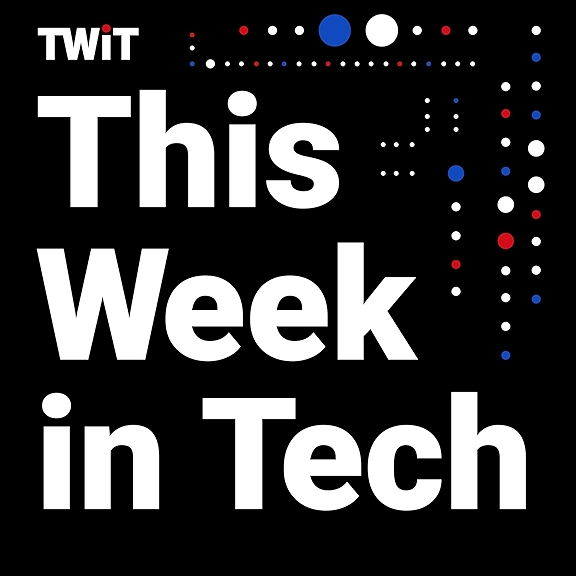
I got the inside word from Manuel Pais, co-author of the seminal Team Topologies book, to explain in a 2-part series about 2 of the most relevant team topologies for reliability work.
In this first part, we will talk about enabling teams.
A quick refresher on what enabling teams do
In the team topologies context:
Enabling teams help stream-aligned teams (product or feature teams) to overcome obstacles and improve their capabilities in specific areas.
This kind of team is available to provide expertise, guidance, and support to other teams working to adopt new technologies, practices, or skills.
In other news…
This podcast has a new name
What more a fitting moment to announce renaming the SREpath podcast to “The Reliability Enablers” podcast?
This name change reinforces our quest to demystify and enable reliability efforts so that more organizations successfully implement SRE principles and beyond.
Before we get to the 8 takeaways
Here’s something relevant to enabling reliability work — a reliability workflows map I’ve had in my private notes for years, now going public.
What is a workstream? 🤔
You might have heard of “value streams”. They show the end-to-end journey of creating and delivering value to a customer.
Workstreams support your value streams.
They cover the activities carried out to do so. In summary: Value streams are the goals and workstreams are the activities you do to achieve those goals.
Okay, now time for the erudite takeaways that Manuel gave me from our talk.
Takeaways from the episode
Here are the key takeaways from our conversation for those who don’t have time to listen (but you’re missing out on a great audio conversation):
* Create Enabling Teams:
Form SRE-focused enabling teams to facilitate technical training, optimize cloud architecture, improve documentation, and overall help other teams build their capabilities.
* Work to Minimize Cognitive Load:
Minimize the cognitive load on engineers by centralizing complex and repetitive tasks, allowing engineers to concentrate on innovation and high-value work. You can measure cognitive load and manage it through the Teamperature tool
* Facilitate Learning and Adoption of Best Practices:
Use SRE enabling teams to educate product teams on critical practices like error budgets and service level objectives, making the learning process gradual and manageable.
* Collaborate among Topologies for Effective Tooling:
Enable teams should work with platform teams to inform their plans to develop and co-evolve tools and services that support reliability and observability practices, like automated dashboards and alerting systems.
* Adapt Approaches Based on Organizational Capacity:
Tailor the mix of enabling and platform support based on the organization’s resources and constraints, ensuring flexibility and efficiency.
* Avoid Traditional Ops Work for SRE Teams:
Ensure SRE teams focus on empowering product teams rather than performing traditional operations tasks, promoting a culture of shared responsibility.
* Build an Effective Learning Culture:
Foster a culture of continuous learning and improvement, integrating learning opportunities into the daily workflow rather than relying solely on formal training programs.
* Scale Capabilities Across the Organization:
When needed, scale enabling efforts to build organization-wide capabilities, ensuring that expertise is distributed and not bottlenecked within specialized departments.
This is a public episode. If you would like to discuss this with other subscribers or get access to bonus episodes, visit read.srepath.com




















